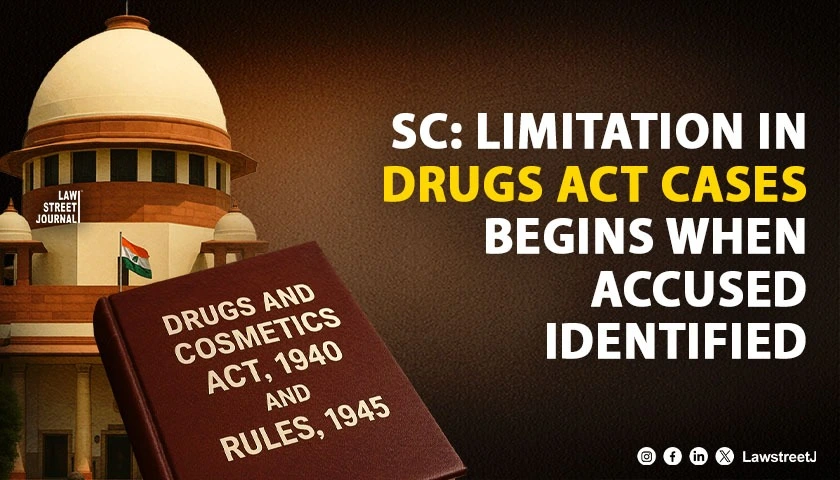Shaheed Bhagat Singh, a revered freedom fighter, was born on September 28, 1907, in Banga, Punjab, British India, into a Sikh family. His unwavering patriotism and fervor for independence fueled his lifelong commitment to challenging British colonial rule.
Remarkably, at just 12 years old, Bhagat Singh witnessed the horrific Jallianwala Bagh massacre, an event that ignited his determination to liberate India from British oppression.
His birth anniversary is commemorated nationwide with great enthusiasm, as his legacy continues to kindle the spirit of patriotism among the youth.
As a member of the Hindustan Republican Association, Bhagat Singh's passion for his homeland led him to flee home and join the struggle for India's freedom. His father, Kishen Singh, had to pay a substantial sum of 60,000 for his release.
Tragically, Bhagat Singh, along with his fellow revolutionaries Sukhdev and Rajguru, sought vengeance after witnessing the brutal beating and death of Lala Lajpat Rai. They mistakenly targeted police officer John P. Saunders, who was believed to be responsible for Lala's demise.
On March 23, 1931, at the tender age of 23, Bhagat Singh and his comrades were executed in secrecy, even before their scheduled trial on March 24. Their martyrdom deeply impacted the nation and left an enduring void in the hearts of the people.
Bhagat Singh's sacrifice and unyielding spirit remain a perennial source of inspiration for individuals of all ages. His legacy serves as a compelling reminder to the youth to stand against injustice and advocate for justice.
Notably, Bhagat Singh was a fervent advocate of socialism, envisioning a society where wealth and resources were equitably distributed. He was also drawn to anarchist and Marxist ideologies, reflecting his commitment to a just and equitable future for India.










